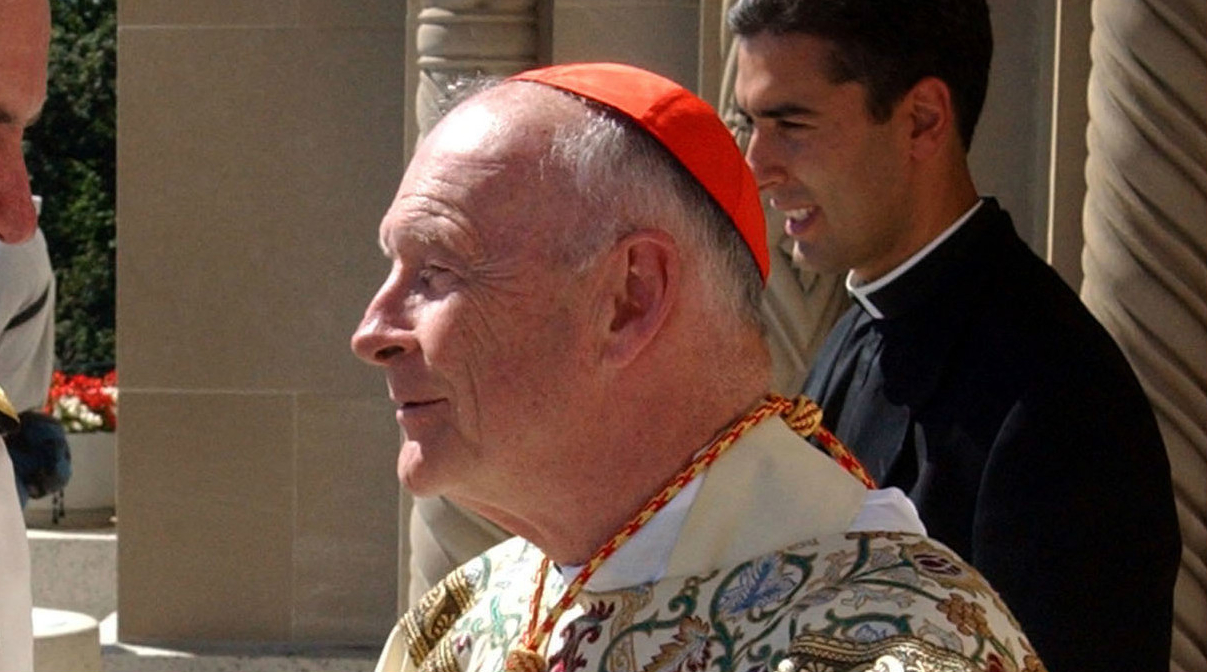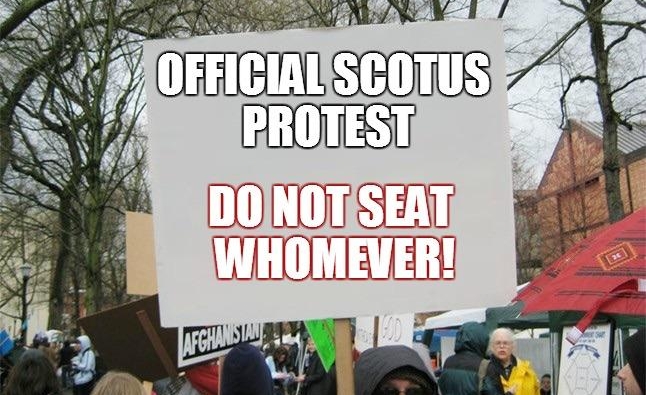Clericalism
Time for McCarrick and the rest to answer to the laity and the priesthood
We often hear of how the laity, by virtue of our baptisms, have a share in the priesthood of the Church and the priesthood of Christ, but it’s not a well-defined “priesthood” and that’s a good thing because really, our priesthood is to be the hands, feet, eyes and ears Read more…

